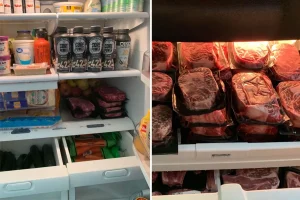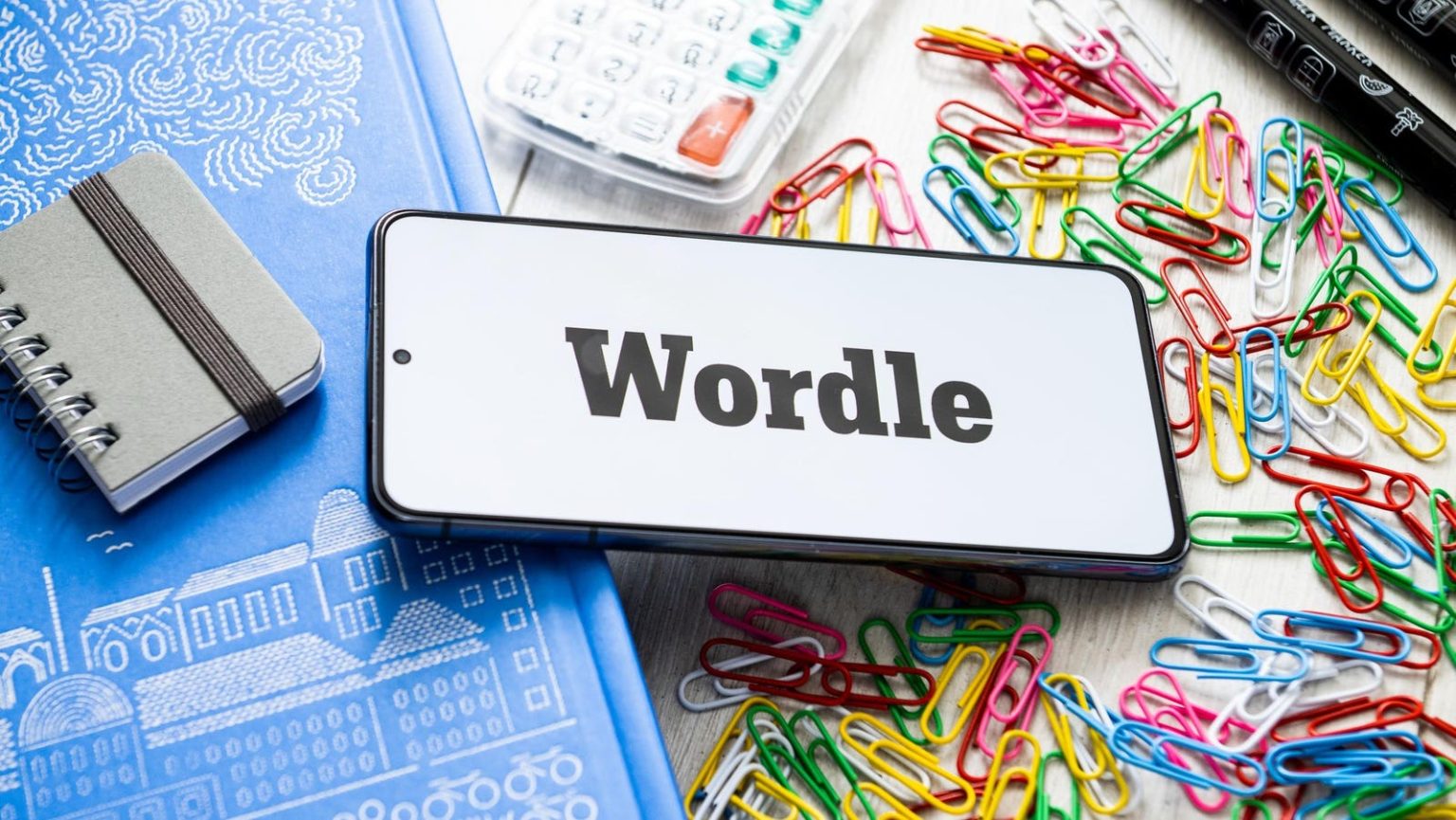Wordle Wednesday: Conquering the Hills of Vocabulary
The midweek Wordle challenge presented a landscape of letters, inviting players to navigate the linguistic terrain in pursuit of the elusive five-letter solution. Armed with hints, clues, and a dash of strategic deduction, Wordle enthusiasts embarked on their daily quest to uncover the hidden word. As the weekend approaches, the allure of Wordle and other leisurely pursuits beckons, providing a welcome respite from the daily grind. Wordle, with its blend of simplicity and challenge, has captured the attention of puzzle aficionados worldwide, offering a brief yet satisfying mental workout.
The hint for Wednesday’s Wordle was "not flat," suggesting a word with some form of elevation or unevenness. This clue immediately narrowed the field of possibilities, directing players away from words denoting flat surfaces or objects. The additional clue revealed the presence of a double letter, further refining the search and providing a crucial foothold in the ascent towards the solution.
For those seeking a strategic starting point, the word "spare" was offered as a potential first guess. This word strategically incorporates several common vowels and consonants, increasing the likelihood of uncovering valuable letter placements early on. Armed with these hints and clues, players embarked on their individual Wordle journeys, each guess bringing them closer to the summit of word-solving success.
Scaling the Wordle Summit: A Journey to ‘HILLY’
The journey to unraveling Wednesday’s Wordle involved a combination of strategic deduction and a touch of serendipity. Starting with the word "CHAIR," a nod to C.S. Lewis’s classic "The Silver Chair," narrowed the possibilities down to a manageable 34 words and revealed the positions of two key letters. The next strategic maneuver involved the word "PITHY," a choice driven by the desire to test the placement of the letter "Y" at the end. While "SHIRE" might have been a tempting alternative, the presence of already placed letters rendered it unsuitable.
With "PITHY" entered, the Wordle landscape shifted dramatically, leaving only one plausible solution: "HILLY." This serendipitous guess proved to be the correct answer, bringing the Wordle ascent to a triumphant conclusion. A quick consultation with Wordle Bot, a helpful tool for analyzing Wordle performance, revealed that "HISSY" and "HINKY" were also potential solutions, highlighting the element of chance that often plays a role in Wordle conquests.
Competitive Wordle: A Friendly Ascent
Wordle’s competitive element adds another layer of challenge and engagement to the daily puzzle. Players can pit their word-solving skills against others, earning points based on the number of guesses it takes to reach the solution. A three-guess victory, as achieved in Wednesday’s Wordle, earns one point, while faster solutions garner higher scores. The competitive aspect of Wordle transforms the solitary puzzle into a social game, fostering friendly rivalry and shared triumphs.
The scoring system for Competitive Wordle encourages both speed and accuracy. Guessing the word in one attempt earns a coveted three points, while a two-guess solution yields two points. The scoring system becomes progressively more challenging, with negative points awarded for guesses exceeding four attempts and for missing the Wordle entirely. This dynamic scoring system adds a strategic dimension to the game, encouraging players to balance calculated risks with efficient deduction.
Fridays introduce a "2XP" bonus, doubling the points earned, whether positive or negative. This added incentive amps up the excitement, making Friday’s Wordle a high-stakes linguistic showdown. Players can track their daily scores or simply enjoy the challenge of each new day, comparing their progress with friends and fellow Wordle enthusiasts.
The Etymological Ascent: Tracing the Roots of ‘HILLY’
The word "hilly," Wednesday’s Wordle solution, has a rich etymological history, its roots tracing back to Old English and beyond. The base word "hill" derives from the Old English "hyll," meaning a natural elevation of the earth. Delving deeper into linguistic history, we find connections to the Proto-Germanic "hulni-" or "hulaz," and ultimately to the Proto-Indo-European "kel-", signifying "to rise" or "to be prominent."
The suffix "-y" in Old English served to transform nouns into adjectives, adding the meaning "characterized by" or "full of." Thus, "hilly" aptly describes a landscape "full of hills" or "characterized by hills." This linguistic journey reveals the depth and evolution of language, demonstrating how words carry within them the echoes of their historical origins. The seemingly simple five-letter word "hilly" encapsulates centuries of linguistic development, connecting us to the rich tapestry of human language.
The Wordle Community: Sharing the Ascent
The Wordle phenomenon has fostered a vibrant online community, where players share their triumphs, struggles, and strategic insights. Platforms like Twitter, Instagram, and Facebook buzz with daily Wordle discussions, creating a sense of shared experience and camaraderie among puzzle enthusiasts. This online community provides a space for players to connect, compare their Wordle journeys, and celebrate the joys of wordplay.
Beyond social media, dedicated Wordle blogs and newsletters offer in-depth analyses, strategic tips, and etymological explorations, enriching the Wordle experience for dedicated players. These resources provide a deeper dive into the world of Wordle, exploring the nuances of word choice, strategy, and the fascinating histories of the words themselves. The Wordle community embodies the spirit of collaborative learning and playful competition, making the daily puzzle more than just a game but a shared cultural experience.
Beyond Wordle: Exploring New Horizons
The world of online puzzles extends far beyond Wordle, offering a diverse landscape of brain-teasers, word games, and logic challenges. From crossword puzzles to Sudoku, from anagrams to cryptic quizzes, there’s a puzzle out there to suit every taste and challenge every mind. Exploring these diverse puzzle formats can provide new mental workouts, expanding vocabulary,
enhancing problem-solving skills, and fostering a lifelong love of learning. The digital age has made access to these puzzles easier than ever, creating a vast playground for curious minds and puzzle enthusiasts of all ages.






